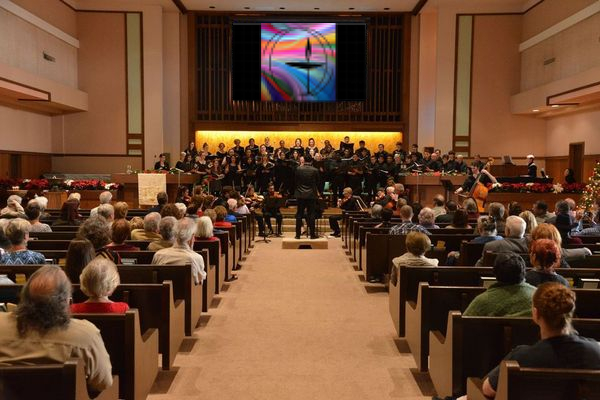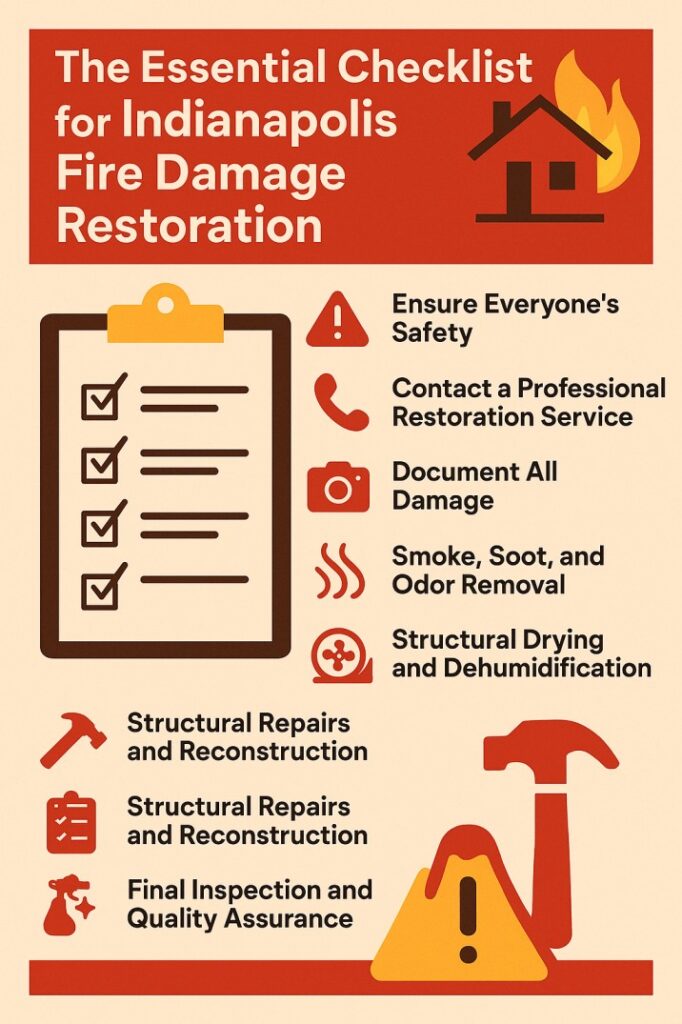Seeking meaning, purpose, and a connection to something bigger than oneself, spiritual development is a road people travel all their lives. Many people find their road to spiritual development closely entwined with the communities they live in. For people seeking both group spirituality and personal transformation, universalist churches have traditionally been a friendly setting. Rooted in the ideas of love, compassion, and universal acceptance, these churches create an inclusive environment where spiritual development is nourished for all people, regardless of background or belief.
In this article, we will explore how Universalist Churches promote spiritual growth. From their commitment to inclusivity to their emphasis on lifelong learning and service to others, these churches offer a unique approach to spiritual development. Whether you are looking for a supportive spiritual community or seeking ways to deepen your own spiritual practices, Universalist Churches can provide a rich foundation for personal growth.
The Core Values That Shape Spiritual Growth
Inclusivity and Acceptance
Establishing an inclusive and welcoming surroundings is one of the most effective ways Universalist Churches encourage spiritual development. Universalist Churches welcome people from all religious backgrounds, points of view, and life experiences unlike many other religious organisations. This inclusiveness lets members investigate and grow their spiritual practices free from concern about criticism or exclusion.
People are urged in these societies to probe, challenge, and develop in their knowledge of the divine, ethics, and personal significance. A strong basis for spiritual growth is the belief that each person is naturally valuable and deserving of love and respect. Universalist churches create a place where people may flourish as they investigate their faith free from limitations by appreciating and respecting the different spiritual pathways that every person follows.
Emphasis on Personal Experience
Emphasizing personal experience helps Universalist Churches support spiritual development as well. These churches give personal thought and experience enormous weight as the compass in one’s spiritual path rather than following a rigid set of beliefs or dogmas.
This method helps people to interact with their inner selves, analyse their ideas and emotions, and consider their encounters with the environment. By means of practices like meditation, prayer, and intense introspection, members are asked to investigate their own ideas and how they fit their experiences of the world. This road lets spiritual development develop naturally, moulded by the particular trip every person travels.
Lifelong Learning
In Universalist Churches, spiritual development is considered as a continuing process rather than a destination with limited reach. The church’s approach to spiritual development is based in great part on education and lifelong learning. These churches inspire their people to keep learning, developing in their conception of spirituality, by providing a broad spectrum of spiritual and religious education activities.
Members are invited to investigate several facets of spirituality, philosophy, ethics, and theology whether through Sunday school, adult education classes, study groups, or seminars. This dedication to learning helps people to develop personally and enables them to get closer to their community, their self, and their surroundings. It also enables students to interact from a thoughtful and sympathetic viewpoint with modern social and moral concerns.
Community and Connection
People who can relate to people who have ideals and aspirations typically experience spiritual development. Strong relationships among members help universalist churches to develop community. These churches build a network of support that promotes spiritual growth by means of worship events, study groups, social gatherings, and community outreach projects.
Participating in a community where people are urged to share their experiences, challenges, and observations offers priceless chances for development. People may consider their values, get direction, and help others in these shared areas. Participating in the shared path of spiritual development helps people to feel connected and belonging, therefore enhancing their spiritual practice.
Social Justice and Service to Others
Serving others and social justice are fundamental values of Universalist Churches. Spiritual development is much enhanced by this concentration on social responsibility. Act of service and social change advocacy help people to develop their compassion and connectivity.
Members of numerous Universalist churches participate actively in environmental justice and human rights advocacy as well as in philanthropic projects and volunteerism. Serving others lets people apply their spiritual ideals, therefore enabling them to develop not only in their religion but also in their capacity to bring about constructive change on the planet. Apart from benefiting society, these deeds help individuals to find more fulfillment and direction in their life.
Practices That Encourage Spiritual Growth
Worship and Ritual
A fundamental activity that fosters spiritual development in Universalist Churches is worship. People gather to contemplate, meditate, and investigate spiritual concerns through weekly events. These churches’ inclusive approach to worship lets one express themselves in a range from classic hymns to contemporary music, poetry, even stillness.
Rituals such as lighting candles, telling stories, and joining in group prayers—all of which provide participants a chance to interact with the divine, the community, and themselves—also count under Worship. By helping people concentrate on spiritual development, introspection, and mindfulness, these ceremonies strengthen their relationship to their inner spiritual path.
Meditation and Contemplation
Apart from group worship, Unitarian Universalist Church also support personal practices including meditation and contemplation. These techniques help people to calm their thoughts, consider their spiritual road, and strengthen their relationship to their own self.
Through meditation, people center themselves, eliminate distractions, and grow more sensitive to their wisdom. Those who practice mindfulness might have a fresh understanding of their spiritual path, which would increase their consciousness and result in development. Moreover, meditation can allow people to find serenity and quiet, therefore enabling them to gracefully and sympathetically negotiate the obstacles of life.
Spiritual Counseling and Support
Sometimes periods of doubt or struggle accompany spiritual development. Universalist Churches provide spiritual guidance and support to enable people negotiate these trying circumstances. For people looking for clarification or reassurance, ministers, lay leaders, and fellow congregants create a network of support including direction, comfort, and knowledge.
Through a nonjudging, sympathetic environment, spiritual counselling lets people work through their issues and concerns. Universalist Churches provide a safe environment for anyone going through a personal crisis, doubting their religion, or looking for direction to investigate these problems and discover development over the process.
Conclusion
Offering an inclusive, encouraging environment where people may discover their own spiritual pathways, universalist churches foster spiritual development. Emphasising inclusivity, lifelong learning, community connection, and service to others, these churches create a setting where people could grow to have a better awareness of their faith, themselves, and the surroundings.
Emphasizing personal experience, introspection, and service, Universalist Churches enable people to develop spiritually, therefore fostering a compassionate, meaningful life that transcends the individual to favorably affect the greater society. Universalist Churches provide a strong foundation for spiritual development and transformation whether your goals are those of a place to belong, a closer connection to your spirituality, or a means of interaction with social justice.









